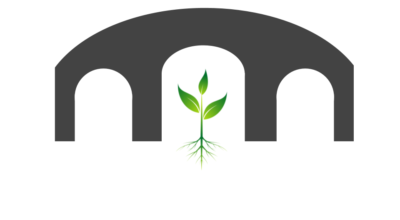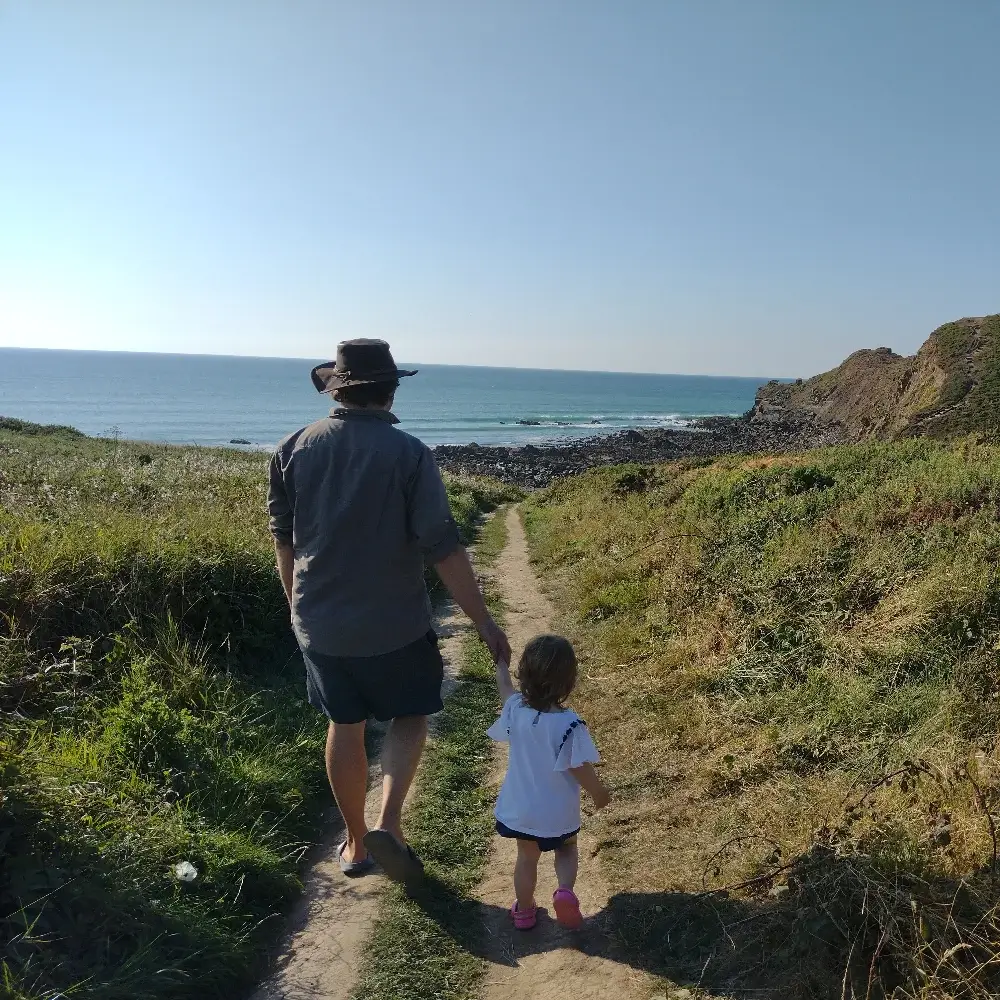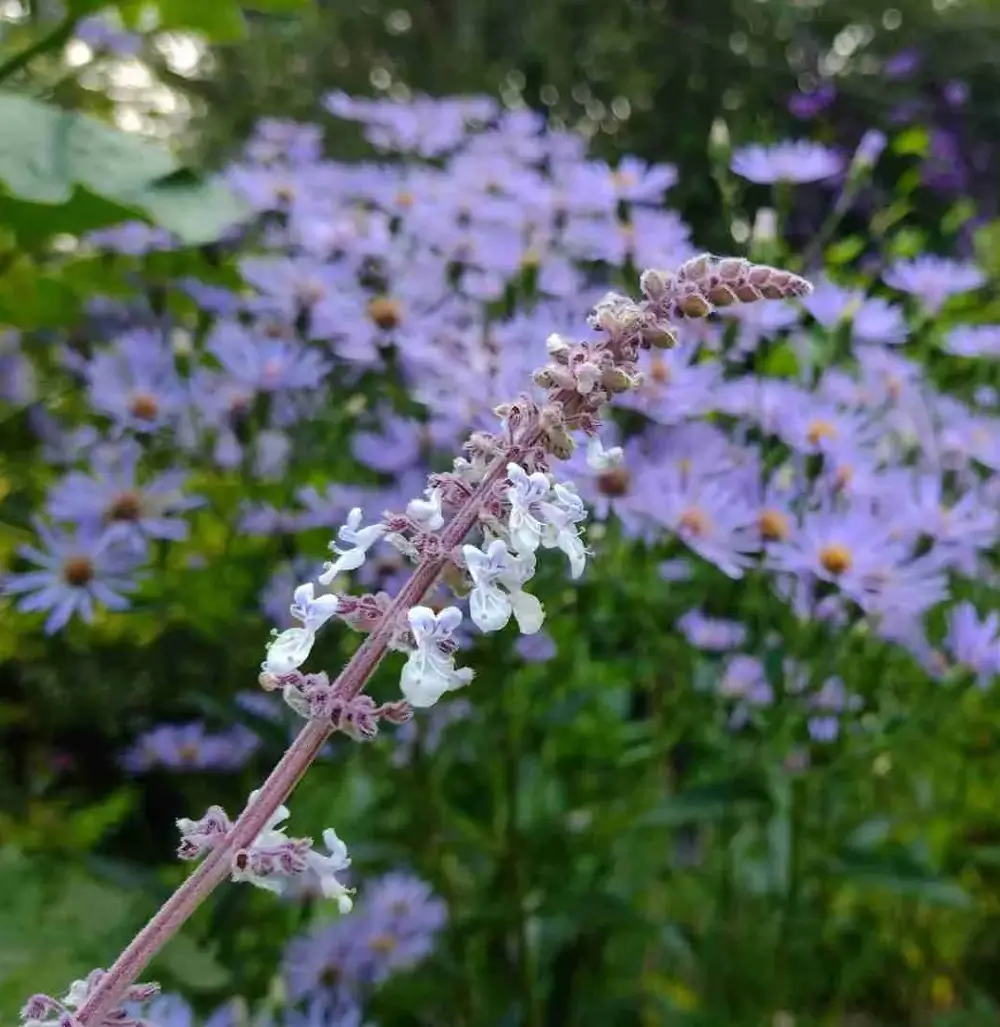The Nursery

Foundations
Cornwall can be a wet and wild place, a land where broad coastal horizons meet intimate, fertile valleys. It makes for a unique set of growing conditions at our nursery that are shifting – as everywhere – as our climates change.
You can read a little more about this place – and the demands and rewards of running a nursery here – on this page.
All about the Roots
Just as a parent’s job is to nourish and protect and then learn to let go, so too in the nursery. Crossgate Nursery is a place where plants are birthed from the tiniest of seeds, nurtured as fragile seedlings, and introduced to the wider world with the strongest roots we can cultivate
Green spaces
Our work means we have always understood – and experienced – the direct connection between access to the natural world and mental health.
But as gardeners we also recognise the added benefits derived from our role in creating and curating beautiful green spaces. Inevitably this introduces ideas of human intervention and control, which seems to sit in tension with the trend to reduce our footprint in the natural world.
Sustainability
Sometimes that means letting nature do its thing free from our intervention.
But not always. We admire plants as being valuable in themselves, but also because of the thousands of ways we make use of and consume plants to sustain ourselves. And we build gardens because we love bringing the natural world into the spaces in which we live. But we also do so to express our need to control the spaces around us, and because we have an inbuilt need to live in beautiful (and sometimes ordered) spaces.
That’s all okay. What is key, for us, is to do all of this sustainably, in a way that doesn’t exhaust or despoil the natural world so that its benefits can’t be enjoyed by those that come after us. By spreading our passion for plants and gardens, and by providing the resources for others to build green spaces of their own, we hope our nursery is playing its own little part for this cause.

We set up Crossgate Nursery in 2021 at our family home in north Cornwall.
Cornwall can be a wet and wild place, a land where broad coastal horizons meet intimate, fertile valleys. It makes for a unique set of growing conditions at our nursery that are shifting – as everywhere – as our climates change.
You can read a little more about this place – and the demands and rewards of running a nursery here – on this page.
Crossgate Nursery is a family-run affair. While the work can be long and demanding, it also affords us the flexibility to raise our two girls. Whether in the greenhouses or polytunnels, or at home with the children, our work is all about building roots.
Just as a parent’s job is to nourish and protect and then learn to let go, so too in the nursery. Crossgate Nursery is a place where plants are birthed from the tiniest of seeds, nurtured as fragile seedlings, and introduced to the wider world with the strongest roots we can cultivate.

Green spaces
We established the nursery as a means of developing and exploring our passion for gardens and plants.
Our work means we have always understood – and experienced – the direct connection between access to the natural world and mental health.
But as gardeners we also recognise the added benefits derived from our role in creating and curating beautiful green spaces.
Inevitably this introduces ideas of human intervention and control, which seems to sit in tension with the trend to reduce our footprint in the natural world.
Sustainability
We resolve this tension through the idea of sustainability. We see our work as part of a larger movement to build a human world that operates in greater harmony with the natural world.
Sometimes that means letting nature do its thing free from our intervention.
But not always. We admire plants as being valuable in themselves, but also because of the thousands of ways we make use of and consume plants to sustain ourselves. And we build gardens because we love bringing the natural world into the spaces in which we live.
But we also do so to express our need to control the spaces around us, and because we have an inbuilt need to live in beautiful (and sometimes ordered) spaces.
That’s all okay. What is key, for us, is to do all of this sustainably, in a way that doesn’t exhaust or despoil the natural world so that its benefits can’t be enjoyed by those that come after us.
By spreading our passion for plants and gardens, and by providing the resources for others to build green spaces of their own, we hope our nursery is playing its own little part for this cause.
A good start in life is as important to plants as it is to children: they must develop strong roots in a congenial soil, otherwise they will never make the growth that will serve them richly according to their needs in their adult life.
Vita Sackville-West, Author and Garden Designer

Our Plants




Plant Harmonies
As gardeners we bring plants together into a whole that is more than the sum of its parts, as a song-writer does his lyrics and melodies.
As nurserymen and women, our job is to curate those lyrics and melodies as universes of their own – to nurture the part as something beautiful in its own right.
But we must never lose sight of the whole. There are always wider contexts and harmonies to think of in the garden. Our plants have to be grown in such a way that they’ll transition from one context to another – from our care to yours. Conditions will change, harmonies will emerge away from the regimented order of plants in a nursery setting.
It’s this challenge that drives us on in our business, to grow ever healthier, happier and more adaptable plants. And it’s key to determining what we grow, and how we grow.
The answers are, of course, never fixed. It makes our work more of an art form than a science. It’s work where you’re never looking for that one, immutable truth but rather to maintain feelings and harmonies, even where everything around has changed.
Growing Spaces
In the end, the product of all our endeavours, whether in the garden or on the nursery, tells us as much about the experiences and dispositions of the cultivating hands as what plant works where and with what.
In this sense we try to ensure our cultivation practices are guided by the Brazilian landscape designer Roberto Burle Marx’s belief that love is as essential to the task of building a garden as mortar is to building a house from bricks.
It might seem strange to talk of love in the context of gardens and gardening. But stop to reflect a moment, and it’s clear that to create a garden is to engage in the very essence of love – to create and sustain the conditions within which plants (and people) can flourish. In caring for our plants and our gardens we are building spaces that nurture us – and others.
And so we think of the plants we grow here on the nursery as more than just commodities to sell. They are the product of our passion as gardeners – just as the nursery itself was born of this passion. And if we can succeed in creating the optimum conditions for plants to flourish here, so too, we hope, can they flourish beyond the nursery walls.
A garden is a result of an arrangement of materials according to aesthetic laws; interwoven throughout are the artist's outlook on life, his past experiences, his affections, his attempts, his mistakes and his successes.
Roberto Burle Marx, Brazilian Landscape Architect

Theory to Practice
What does all this mean for the way we actually run the nursery? Well, for a start, it means that we want to make sure that the plants we grow and sell get the attention they need.
It also means being careful about what we chose to grow. Of the 200 or so varieties and cultivars of plants we grow, we currently sell around 100-150 of these.
This is a select range that reflects our preference for doing plant care the right way – that is, without shortcuts and automations. That’s the best way, in our view, to keep close to the plants we grow and to give them the best chance to flourish after they’ve left our care, not just for long enough to ensure they sell.
We also keep our range small so that we can make sure that everything we sell we have direct experience of growing in a garden setting. We want the advice we give to be based on real-world experience, not the accumulation of tidbits taken from outdated garden literature or second-hand knowledge passed on from elsewhere.
Into the Future
We will continue to be guided by these principles as we grow the business and expand our range. In looking to the future we are also mindful of the stalking tiger in every garden – the emerging realities of climate change. Cornwall is, in some ways, a canary in the coal mine; it one of the mildest and wettest corners of the UK, but its climate is set to become more the norm for the rest of the country.
We hope and believe that gives us a bit of a headstart when it comes to climate change, but also a unique opportunity to influence the way our growing habits shift in response
